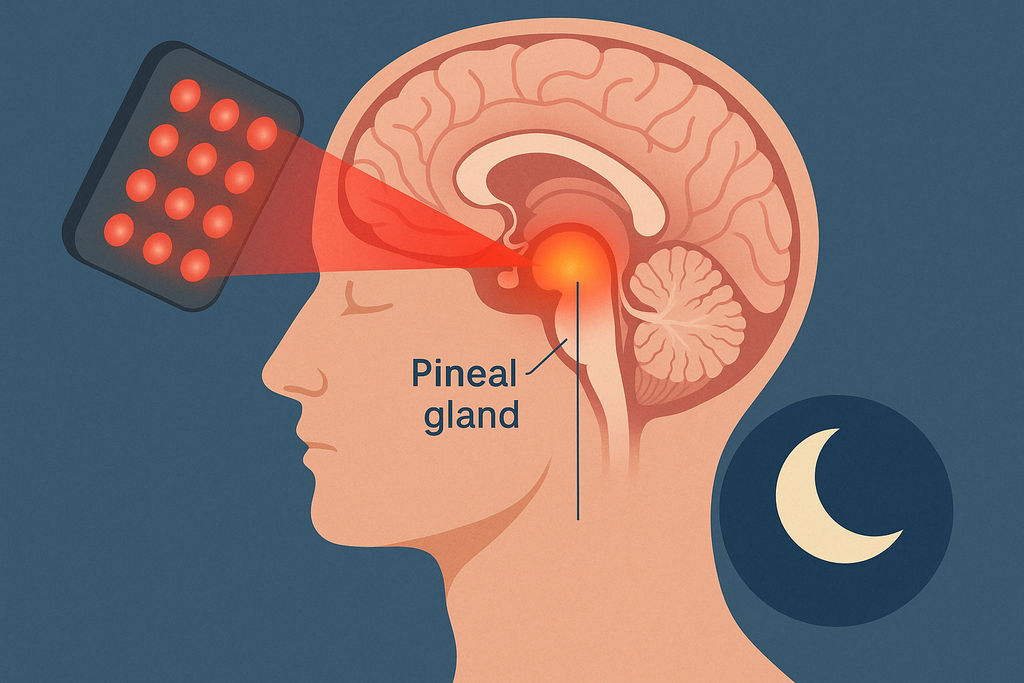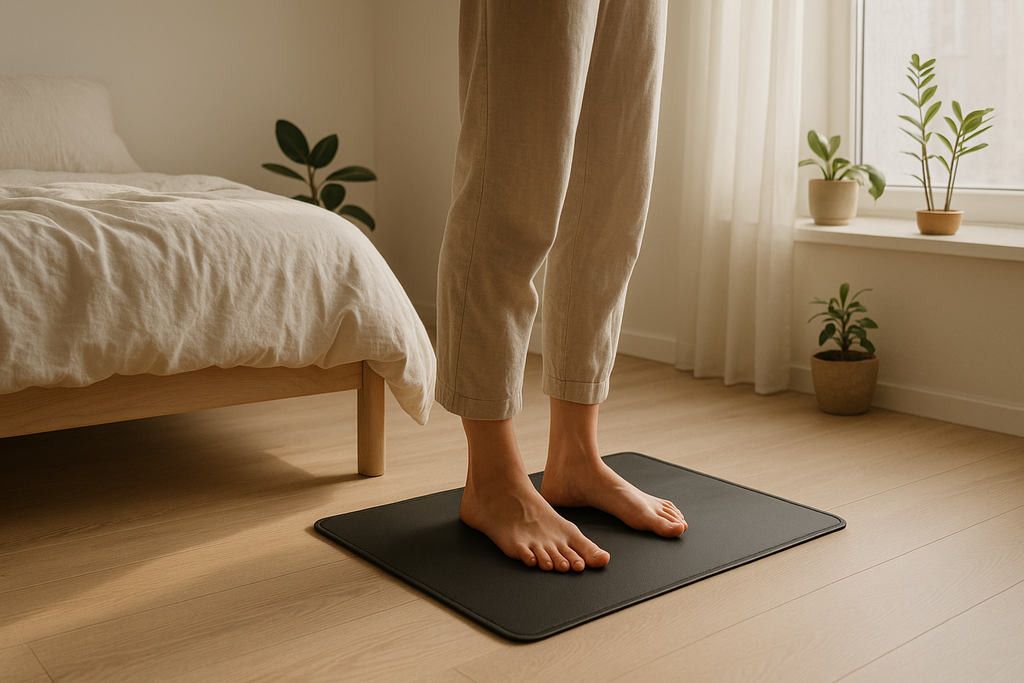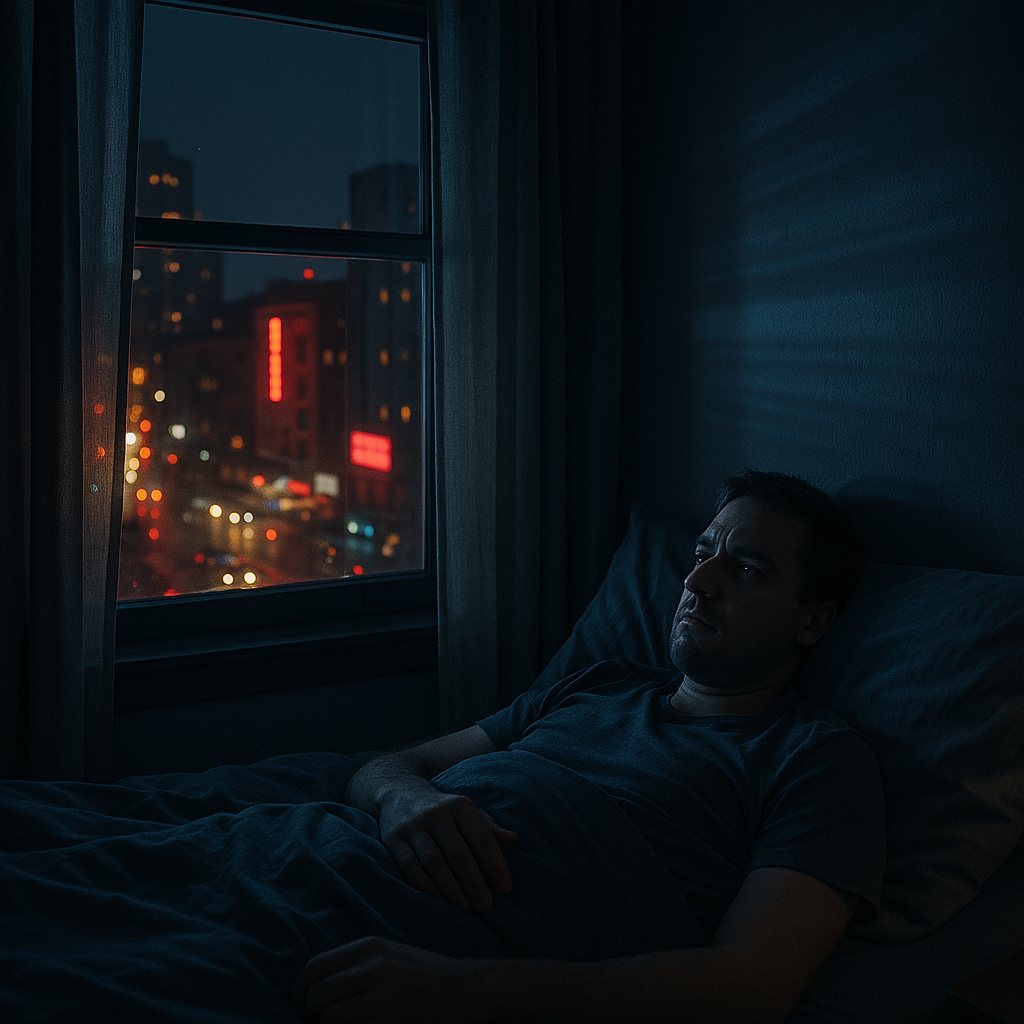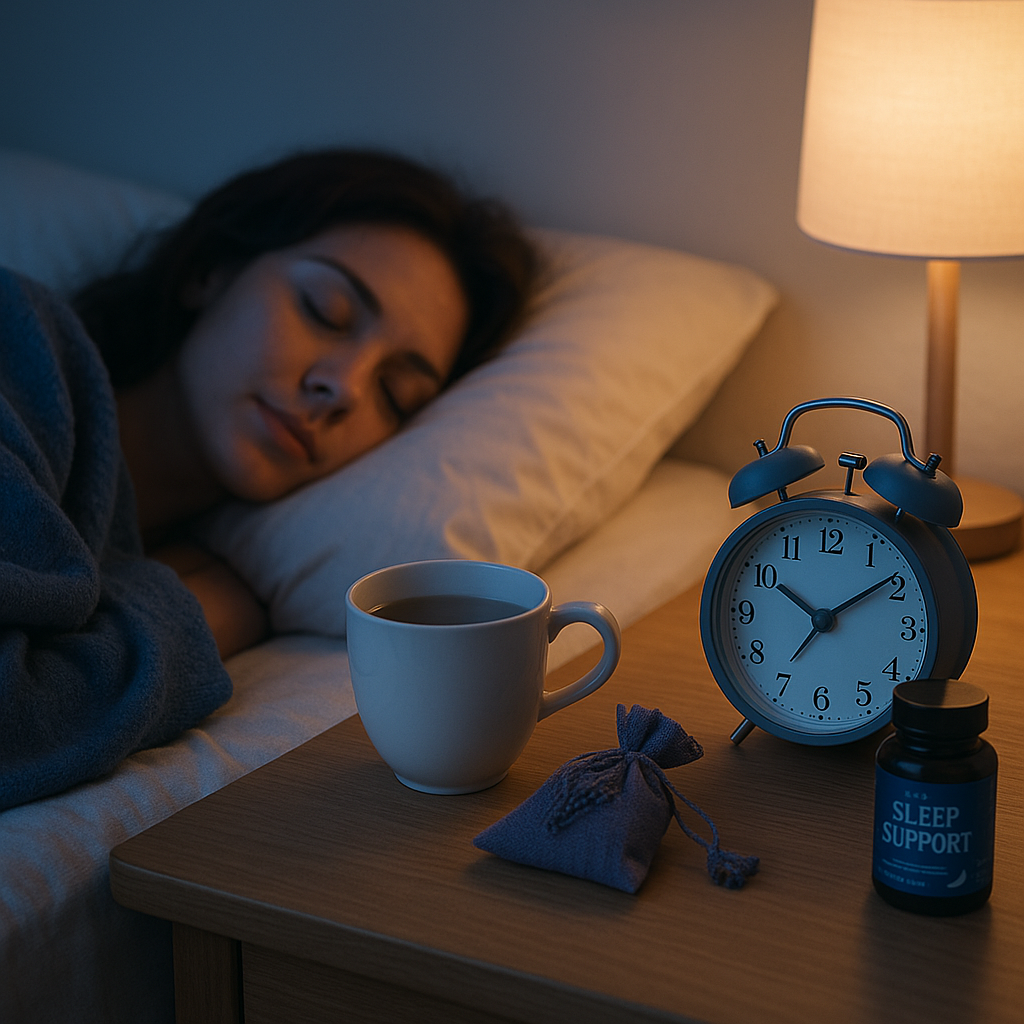News — circadian rhythm
The 10-Minute Morning Sunlight Protocol to Reset Your Circadian Rhythm and Boost All-Day Energy
circadian rhythm energy boost morning sunlight
Tired of relying on caffeine to drag yourself through the morning? The secret to sustainable, all-day energy isn't a new diet or supplement—it's a simple, free, **10-minute protocol** rooted in **circadian biology**. Your body’s master clock (the SCN) is governed by light, and most people are unintentionally disrupting it by staying inside in the morning and staring at screens at night.
This article reveals the science behind the **10-Minute Morning Sunlight Protocol**, explaining how a brief dose of blue-rich natural light upon waking powerfully suppresses the sleep hormone melatonin and spikes cortisol to set your daily alertness schedule. We'll show you how to execute this ritual flawlessly and how to stack it with an internal powerhouse like PQQ 20 mg to support the mitochondrial energy required for all-day performance.
Photobiomodulation: Boost Pineal Gland Function & Natural Melatonin Production
biohacking sleep brain health circadian rhythm holistic circadian support L-tryptophan supplement light and sleep light therapy for sleep melatonin production natural melatonin booster natural sleep solutions near-infrared light non-invasive sleep therapy PBM photobiomodulation pineal calcification pineal gland red light therapy sleep and mood sleep support third eye gland
As the world becomes increasingly aware of how light affects biology, photobiomodulation (PBM) has emerged as a breakthrough in non-invasive health optimization. PBM uses specific wavelengths of red and near-infrared (NIR) light to stimulate cellular function, reduce inflammation, and support tissue repair. But one of the most intriguing frontiers in PBM research is its potential to support the pineal gland—a small, mysterious organ deeply involved in our circadian rhythm and melatonin production.
Known as the body's “third eye,” the pineal gland governs our sleep-wake cycles, hormone regulation, and even our mood. When this gland becomes calcified or functionally impaired, it can disrupt melatonin output and lead to poor sleep, fatigue, and long-term health issues. Fortunately, research now suggests that targeted light therapy may enhance pineal gland function and promote natural melatonin production—offering a non-pharmaceutical path to better sleep and circadian balance.
Are Grounding Mats a Real Health Hack or Just Pseudoscience?
circadian rhythm cost-benefit analysis earthing electron flow theory EMF skepticism evidence-based wellness expert opinions grounding mats health hack or pseudoscience inflammation reduction myths and misconceptions natural grounding outdoors placebo effect research limitations safety and certification sleep hygiene sleep quality small-scale studies stress and anxiety wellness gadgets
From biohackers to wellness influencers, grounding mats—also called earthing mats—are making waves as the next big health trend. These devices, designed to connect your body to the earth’s electrical field while you sit or sleep indoors, claim to reduce inflammation, improve sleep quality, ease anxiety, and even balance your circadian rhythm. The concept is simple: by restoring the body’s connection to the earth, grounding mats allegedly neutralize free radicals and recalibrate our biological systems.
But are these claims scientifically sound, or are grounding mats just another shiny gadget in the ever-expanding wellness market? While proponents point to studies on inflammation, stress, and sleep, skeptics argue the evidence is sparse, inconsistent, and sometimes funded by the very companies that sell these products. This article takes a critical look at grounding mats, unpacking the theory behind them, the current body of research, and whether they’re worth your time—or just pseudoscience dressed up as a health hack.
The City's Secret Toll: How Noise and Light Pollution Are Robbing Your Sleep
ambient noise and sleep blackout curtains blue light sleep effects circadian rhythm city living health risks city noise and insomnia light pollution light pollution effects melatonin suppression natural sleep support noise pollution sleep and mental health sleep disruption sleep hygiene sleep optimization SleepBlend PM Support smart sleep devices urban sleep health urban wellness white noise for sleep
The city never sleeps—but that doesn’t mean you shouldn’t. Urban life pulses with energy, but behind the shimmering lights and hum of traffic lies an invisible threat to health: environmental pollution not of the air or water, but of sound and light. While you might brush off the occasional honk or glow from a streetlamp, research shows that even low levels of ambient noise and artificial light can wreak havoc on your ability to get restful, restorative sleep.
More than a nuisance, urban noise and light pollution are increasingly recognized as serious disruptors of circadian rhythm, melatonin production, and mental health. From sleep fragmentation to long-term risks like cardiovascular disease and depression, the stakes are higher than most city dwellers realize. This article explores the science of how our environment sabotages sleep, and what you can do to reclaim the rest you need—whether you live in a penthouse or a studio by a busy street.
The Effects of Sleep Deprivation on Energy and Overall Health
chronic sleep loss circadian rhythm cognitive performance deep sleep effects of poor sleep fatigue immune system and sleep insomnia lack of sleep LongLifeNutri Sleep Support melatonin mental health and sleep natural sleep remedies sleep and energy sleep and health sleep and weight gain sleep cycle sleep deprivation sleep supplements sleep support
In today’s go-go-go culture, sleep is often sacrificed in the name of productivity. We wear our late nights and early mornings like badges of honor, believing that burning the candle at both ends is the price of success. But behind the hustle lies a mounting cost—one that affects our energy levels, mental clarity, immune function, and even the health of our hearts and hormones.
Sleep isn’t a luxury—it’s a biological necessity. Skimping on it affects much more than just how tired we feel the next day. From sluggish metabolism to weakened immunity, the ripple effects of sleep deprivation can compromise nearly every aspect of your health. In this article, we’ll explore what really happens to your body and mind when you’re not getting enough rest—and how to reclaim the revitalizing power of a good night’s sleep.





